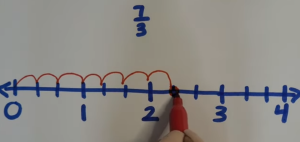 le 5 au 9 janvier 2024
le 5 au 9 janvier 2024Upcoming Dates
- OBOB battles at lunch this week. See below to volunteer
- Friday, February 9 – Mardi Gras evening celebration at school, begins at 5h30

- Wednesday, February 14 – Valentine’s Day – Please do not send individual cards to school with your children. We have a tradition in 4th grade. Each student makes his/her own large, glittery card prior to Valentine’s Day in Mme Jana’s soon-to-be very glittery room. (We’ll do that on February 12 & 13.) At the end of Valentine’s Day, we take about half an hour, we open up the doors between the two rooms, and everyone signs everyone else’s cards. It’s always a good time and a nice souvenir.
- Monday, February 19 – NO SCHOOL, Presidents Day (This may turn out to be a make-up snow day.)
Mardi Gras
This Friday (2/9) is our annual school carnival, Mardi Gras. There will be many fun activities for your family. Volunteers are needed to make the event possible. Sign up here if you can help for part of the time. Also, each class has a basket to be raffled off at the event. If you have time, consider donating to our class baskets by bringing items to our classrooms this week, preferably by Thursday so the baskets can be wrapped and ready. Red Class: Art activities Blue Class: Outdoor activities. Here’s a list of ideas of items to bring.
What’s up! Quoi de neuf?
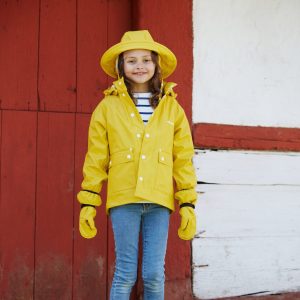 Please send your child to school in proper footwear and a WARM water-repellent jacket with a hood or a hat when the weather is rainy. It’s getting cold, too, so please have your child wear warmer layers and weather-appropriate shoes. Thank you!
Please send your child to school in proper footwear and a WARM water-repellent jacket with a hood or a hat when the weather is rainy. It’s getting cold, too, so please have your child wear warmer layers and weather-appropriate shoes. Thank you!
If your child is ill or has had a fever or vomited within the previous 24 hours, please keep your child home. If your child will be absent, please email both teachers (kincaid_j@4j.lane.edu and hopper_s@4j.lane.edu) and please call in and leave a message on the school attendance line (541) 790-7080 or email Eliza at drummond_e@4j.lane.edu.
Please ensure that you email BOTH TEACHERS when you communicate with us.
Le français:
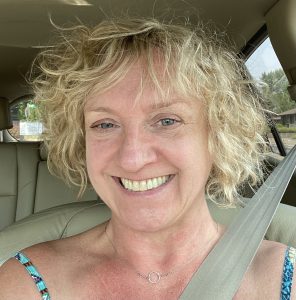
We have a full five days of school this week! First semester report cards will come home with students this Friday. Post evaluations, I am happy to see how much most students had improved in all areas.
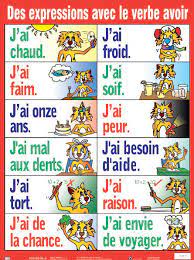 French homework this week on lavender paper. We will work on expressions with the verb avoir (to have) on our next homework. As I often tell students, French is not a translation of English, and some French expressions are worded differently. We’ll be working on those expressions. Here is an example: In English, we say, “I am hungry,” but in French, the direct translation for the same expression is actually, “I have hunger,” or in French, “J’ai faim.” There are only a handful of expressions that use avoir when we would normally use the verb “to be” in English, but they are very common expressions, so we need to master them. Each expression is used in conjugation. Here is a copy of the homework for this week: le vocab expressions avec avoir fév 2024
French homework this week on lavender paper. We will work on expressions with the verb avoir (to have) on our next homework. As I often tell students, French is not a translation of English, and some French expressions are worded differently. We’ll be working on those expressions. Here is an example: In English, we say, “I am hungry,” but in French, the direct translation for the same expression is actually, “I have hunger,” or in French, “J’ai faim.” There are only a handful of expressions that use avoir when we would normally use the verb “to be” in English, but they are very common expressions, so we need to master them. Each expression is used in conjugation. Here is a copy of the homework for this week: le vocab expressions avec avoir fév 2024
Also, here I am pronouncing and spelling the words in French:
Here, I am just saying the words, making this suitable to give the quiz on Thursday night. This also includes an English translation of each expression:
We will also begin some geography this week as a precursor to our francophone country study. We will also begin our newest “J’observe…” writing activity.
We will continue to correct two horrible sentences on all full days, and alphabetize on our short day. The alphabetizing includes vocabulary words or a sound we’re working on. This week’s sound is [ɲ], written “gn.” We’ll begin our next new “J’observe…” writing project this week as well. We’ll also conjugate new verbs: mettre (to put or place) and prendre (to take). Most students have completed several versions of tracing their first and last names, and now everyone should be on the culminating project of writing all the uppercase letters and names, including their name, their family names, their addresses, and their city, state and country in cursive. That is a yellow packet and will come home once completed. Some students have already completed the packet. Next week, we’ll begin new reading groups.
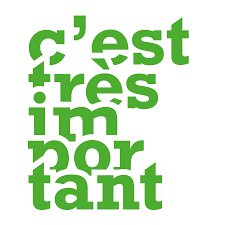
Student goal: I am applying myself to my school work. I am actively seeking learning.
Student goal: I can correct grammatical and punctuation errors in sentences in French.
Student goal: I can form and connect all the lowercase and uppercase letters correctly in cursive.
Student goal: I am expanding my vocabulary by incorporating new words into my speaking and writing.
Les sciences:
 We have completed the rocks and soils portion of sciences, and we’re moving into experiments with erosion and deposition, which involves lots of soil and running water. We have one more pamphlet to do for our journals as well. Then, we’ll move into our Energy unit.
We have completed the rocks and soils portion of sciences, and we’re moving into experiments with erosion and deposition, which involves lots of soil and running water. We have one more pamphlet to do for our journals as well. Then, we’ll move into our Energy unit.
Les copains/Buddies:
Both classes had buddies this week past week, like every week, and fourth graders helped their first-grade buddies work on another SEL (Social Emotional Learning) project. We are going to change some buddies this week, respecting those students who do not want to change.
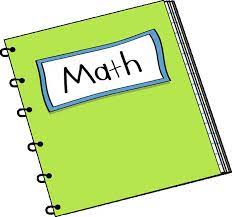

Mme Shelli hopper_s@4j.lane.edu English & Math teacher
Math
This week’s Key Concepts:
- We can compare and order fractions with different denominators using a variety of strategies.
- We can compare two numbers indirectly by comparing them both to a common benchmark.
- We can generate equivalent fractions and change their denominators so that we can accurately compare.
There is NO MATH review HOMEWORK.
For this short week, we will finish Easy CBM mid year testing.
In math, we will continue to discuss strategies for comparing fractions with different denominators. We discuss logical ways to REASON about Fractions that don’t necessarily involve making common denominators. We started by using visual models (area models and number lines. This helps students to rely on the their CONCEPT of FRACTIONS rather than simple calculation which students may or may not conceptually understand.
This week we will discuss comparing and ordering fractions by comparing to a common benchmark such as 1/2. See the linked for videos (video 1 video 2) for an explanation. This reasoning requires a greater conceptual knowledge of fractions than the method of finding a common denominator. Of course, the common denominator strategy will be taught later in the unit, but for now, we’re looking for more efficient methods to compare.
English HOMEWORK
Please be sure that you’ve seen your child’s Oregon Geography Book which came home last Monday. Students’ homework was to share this with you. This project took several weeks to complete in both French and English. After allowing your child to share with you, please sign the homework sharing page, but you may keep the project.
English
Students will bring home a dialog writing assignment, a paragraph describing an architectural design, a comic strip based on the poem “Dust of Snow” by Robert Frost this week. These shorter assignments focus on the elements of narrative (character, setting, plot) and the complex punctuation of writing dialog. In some cases, there is a grade and specific notes to your child about ways to improve their writing.
GRADING:
On math and writing assignments that will come home this week, you will see a grade of a 1, 2, or 3. This brief score shows if your child is demonstrating the skill.
1= Not yet
2=Partial demonstration of skill
3=Demonstrates the skill
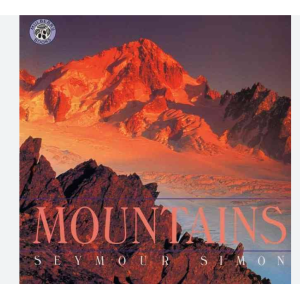 We will finish reading a non-fiction text, Mountains by Seymour Simon, this week. Students will be a reading closely for understanding of complex scientific concepts and vocabulary.
We will finish reading a non-fiction text, Mountains by Seymour Simon, this week. Students will be a reading closely for understanding of complex scientific concepts and vocabulary.
Starting Tuesday, students will work in small groups to present information about a major mountain range in the world. This longer project will involve group research work, writing an informational paragraph, and giving a short speech/ presentation.
Here is more information for parents about the Wit and Wisdom unit, Extreme Settings. The unit will continue through the beginning of March.
OBOB Help needed!
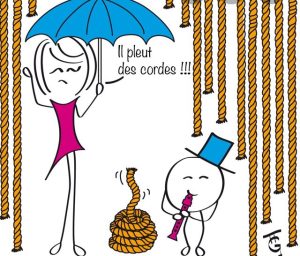 le 29 au 31 janvier 2024
le 29 au 31 janvier 2024 le 19 janvier 2024
le 19 janvier 2024 Last week, we got to discuss Dr. Martin Luther King Jr., who gave the famous speech, “I Have A Dream.” . (I just discovered that MLK Jr. gave his speech the day before my birthday!) We also discussed, in French, why we celebrate this amazing human, his role in the civil rights movement, his role in history, why he won the Nobel Peace prize, along with the difference between human rights and civil rights, and many other aspects of MLK Jr. and his impact on the world. We also talked about segregation, and I told them some examples of my mom’s experiences as nurse in the south in the 1950s & 60s.
Last week, we got to discuss Dr. Martin Luther King Jr., who gave the famous speech, “I Have A Dream.” . (I just discovered that MLK Jr. gave his speech the day before my birthday!) We also discussed, in French, why we celebrate this amazing human, his role in the civil rights movement, his role in history, why he won the Nobel Peace prize, along with the difference between human rights and civil rights, and many other aspects of MLK Jr. and his impact on the world. We also talked about segregation, and I told them some examples of my mom’s experiences as nurse in the south in the 1950s & 60s.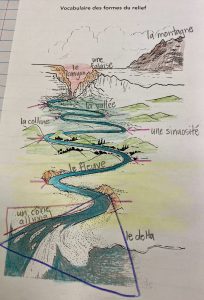
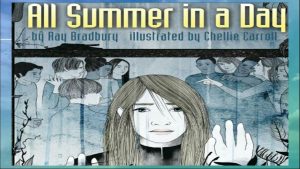
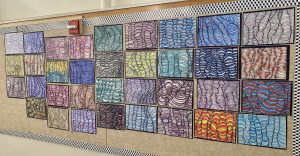 Many students got industrious and completed their “Tubes” art over winter break. If your child’s art is not up on the wall, feel free to ask your child where he/she/they is/are in the project.
Many students got industrious and completed their “Tubes” art over winter break. If your child’s art is not up on the wall, feel free to ask your child where he/she/they is/are in the project.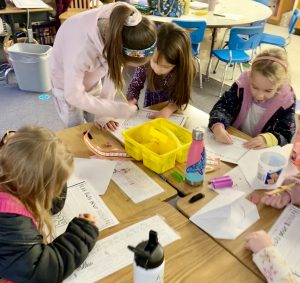
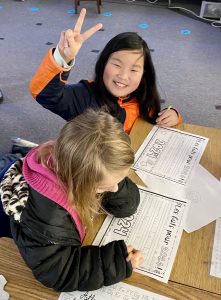 This past week, we got together with our buddies and they talked about new year resolutions (and what in the world those are), and they set goals for both at school and at home.
This past week, we got together with our buddies and they talked about new year resolutions (and what in the world those are), and they set goals for both at school and at home.